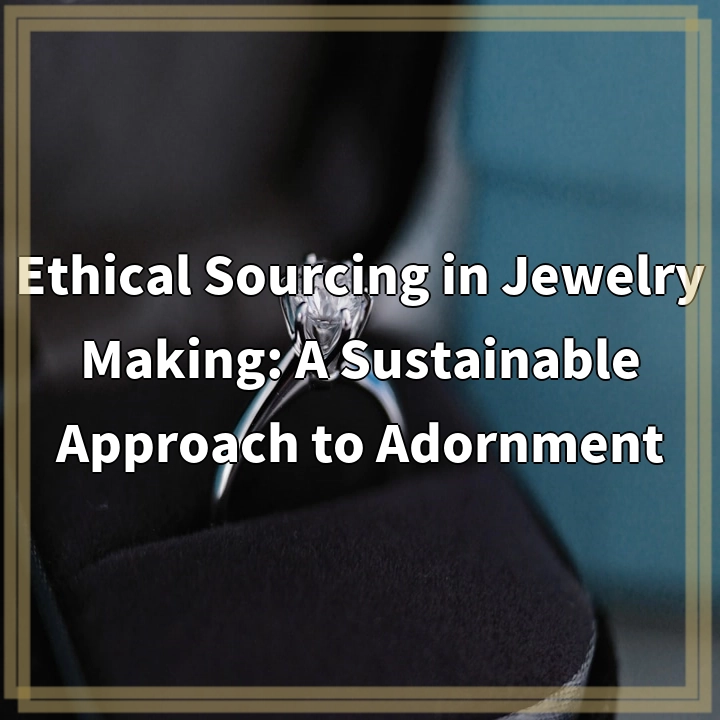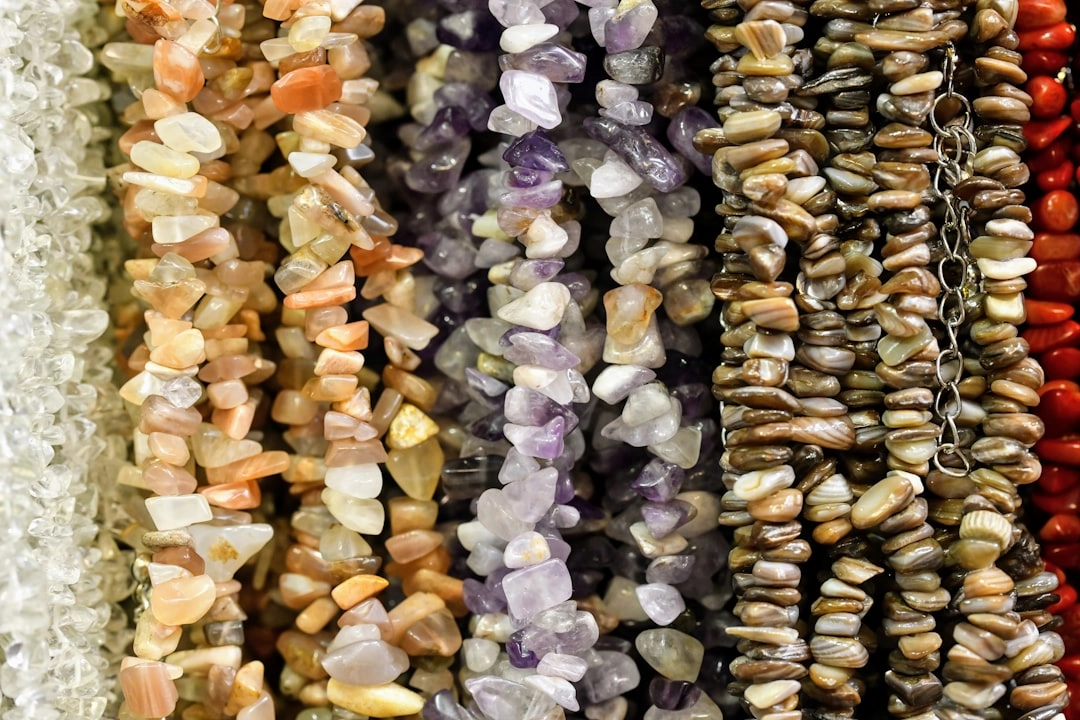
What it is:
Ethical sourcing in jewelry making refers to the practice of obtaining raw materials—such as gemstones, metals, and other materials—in a manner that is environmentally sustainable, socially responsible, and economically fair. This approach ensures that the labor conditions for workers are safe, fair, and free from exploitation, while also minimizing environmental impact through sustainable mining practices and responsible material sourcing.
Key Principles of Ethical Sourcing
1. **Fair Labor Practices:** Ethical sourcing requires ensuring that all workers involved in the extraction and production of materials for jewelry are treated fairly. This includes providing safe working conditions, fair wages, and the right to organize.
2. **Environmental Responsibility:** Sustainable practices are implemented to minimize the ecological impact of mining and production. This may involve reducing carbon footprints, managing waste responsibly, and protecting local ecosystems.
3. **Transparency:** Ethical sourcing emphasizes the importance of transparency in the supply chain. Consumers should be able to trace the origins of their jewelry, ensuring that it has been sourced responsibly.
Real-world problems
1. **Exploitation of Workers:** One of the most significant issues in the jewelry industry is labor exploitation. Many artisans and miners, especially in developing countries, work under deplorable conditions for meager wages. They often face health risks and a lack of worker rights, making ethical sourcing vital to protect these vulnerable populations.
2. **Environmental Degradation:** Traditional mining practices can lead to severe environmental consequences, including deforestation, soil erosion, and water pollution. The destruction of habitats and ecosystems not only affects wildlife but also the communities that depend on these natural resources for their livelihood.
3. **Conflict Minerals:** Many gemstones and metals are sourced from regions affected by conflict and violence. The trade of these so-called “blood diamonds” and other conflict minerals has funded wars and perpetuated human rights abuses. Implementing ethical sourcing practices is crucial to breaking this cycle of violence.
4. **Greenwashing:** As consumers become more aware of ethical and sustainable practices, some companies may engage in “greenwashing”—promoting misleading claims about their products’ sustainability and ethical origins. This makes it challenging for consumers to make informed decisions while supporting genuinely responsible brands.

Solutions for Ethical Sourcing in Jewelry Making
Addressing the challenges associated with ethical sourcing in jewelry making involves implementing a range of solutions that prioritize fair labor practices, environmental sustainability, and transparency. Here are some effective strategies:
1. Support Fair Trade Practices
Choosing fair trade certified materials ensures that artisans and miners receive fair wages and work in safe conditions. This can significantly improve the quality of life for workers in developing countries while promoting ethical production methods.
2. Adoption of Sustainable Mining Techniques
Promoting environmentally responsible mining practices helps reduce the ecological impact of extraction activities. Techniques such as reforestation, minimizing water usage, and reducing habitat disruption are essential for sustainable jewelry production.
3. Enhance Supply Chain Transparency
Creating visibility in the supply chain allows consumers to verify the ethical origins of the materials used in jewelry. Brands can utilize certification systems and blockchain technology to provide traceability, ensuring that consumers can make informed purchasing choices.
4. Engage in Community Development
Investing in local communities where materials are sourced can lead to better living conditions and education, improving the overall socio-economic environment. This includes providing healthcare, education, and alternative livelihoods to support community resilience.
5. Combat Greenwashing
Brands must commit to accountability by backing their sustainability claims with third-party certifications and clear communication about their sourcing practices. Consumers, in turn, should educate themselves on recognizing genuine ethical practices versus misleading marketing tactics.















